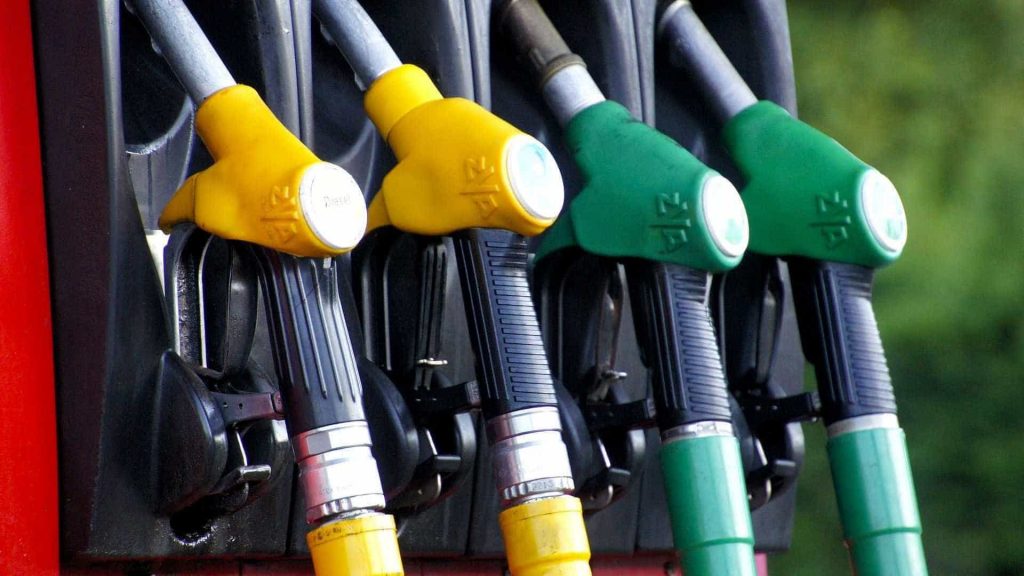Oil has powered the world by fuelling transportation machines, industries, and so on for many years now, and its demand keeps growing. Reliable and affordable energy are driving forces for every country to develop and help with an equitable share of the economic gains.
The consumption of crude oil, gas and derived petroleum products such as petrol, diesel, and kerosene, matters a lot in the global geopolitics debate. Oil prices have been changing over the years.
A characteristic of the world oil market is uncertainty, and prices keep fluctuating. From January to June, fuel prices in Ghana have increased steadily as the cost of crude oil on the global market is skyrocketing. Joy Business reported yesterday that the price of a litre of diesel will go up by 11.14%, while petrol prices will also rise by 13%.
Economic Impact of Fuel Price Hikes
High fuel prices affect every component of the economy and bring challenges to the standard of living of persons and their purchasing power. It affects the prices of daily commodities which are transported every day, including the cost of food.
Households
When the prices of fuel increase, households’ budgets increase by adding on their expenses for fuel and other utilities. High fuel prices compel households to either spend more, which means to lose more money or cut down on their expenses. A concerned citizen lamented the high cost of living in the country as she stated that the money her entire household used to spend in a month does not last more than two weeks now.
Public Transport and Commuters
The transportation sector is most exposed to fuel prices as it is the essential commodity for their business. Transport operators set their fares in absence of a transport economic regulator, which often causes confusion and disorder in public transport. According to drivers, the high price of oil has made transportation fares high. A National Service Person who works at the Youth Employment Agency said that due to the high cost of transportation, he walks from Circle to work, but at first, he used to board a car.
Business
High fuel price increases production costs for businesses that use fuel as their input (like farmers, processing plant operators, and power utilities), and they also pass on the added cost to the final consumer, the citizen. Prices for fruits, vegetables, and other goods and services increase exponentially. A high production cost affects product and service demands, business profitability, and wages, and often workers lose their jobs. An owner of a power plant in Tema stated that due to the high prices of utilities and cost of production, the company’s profit plummeted, and he had no option but to lay off some of his workers.
The Way Forward
The ordinary Ghanaian has not yet recovered from the dire economic impacts of coronavirus and the already high cost of living in the country. As a result, further increases in fuel prices will drastically affect the day-to-day activity of the citizens. Prices of fuel on the global markets keep going high, but the government of Ghana must review the taxes and levies on oil to help reduce the cost.
Government can accumulate some of these taxes and levies to help the ordinary citizens have a lighter burden as well as strengthen our local currency against these foreign currencies. Last but not least, the government could also revamp our local refineries so Ghana can be self-reliant to some extent.

